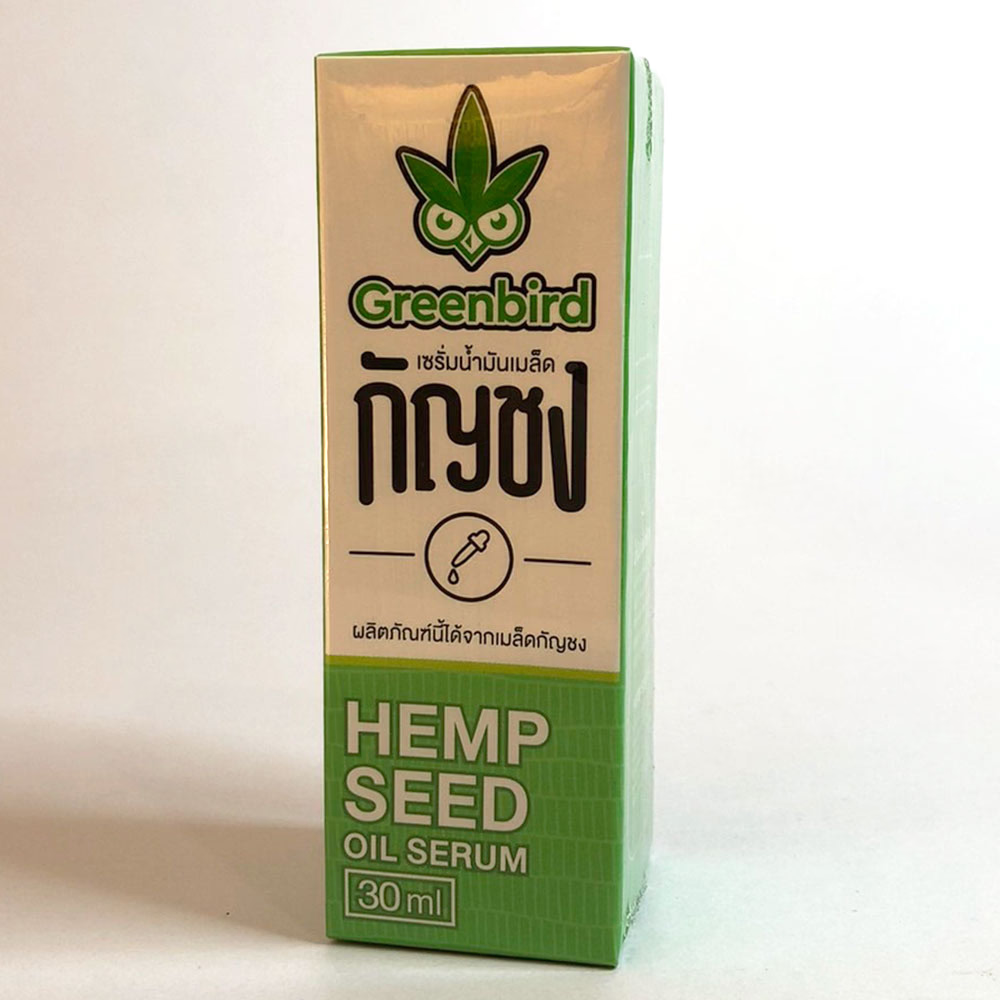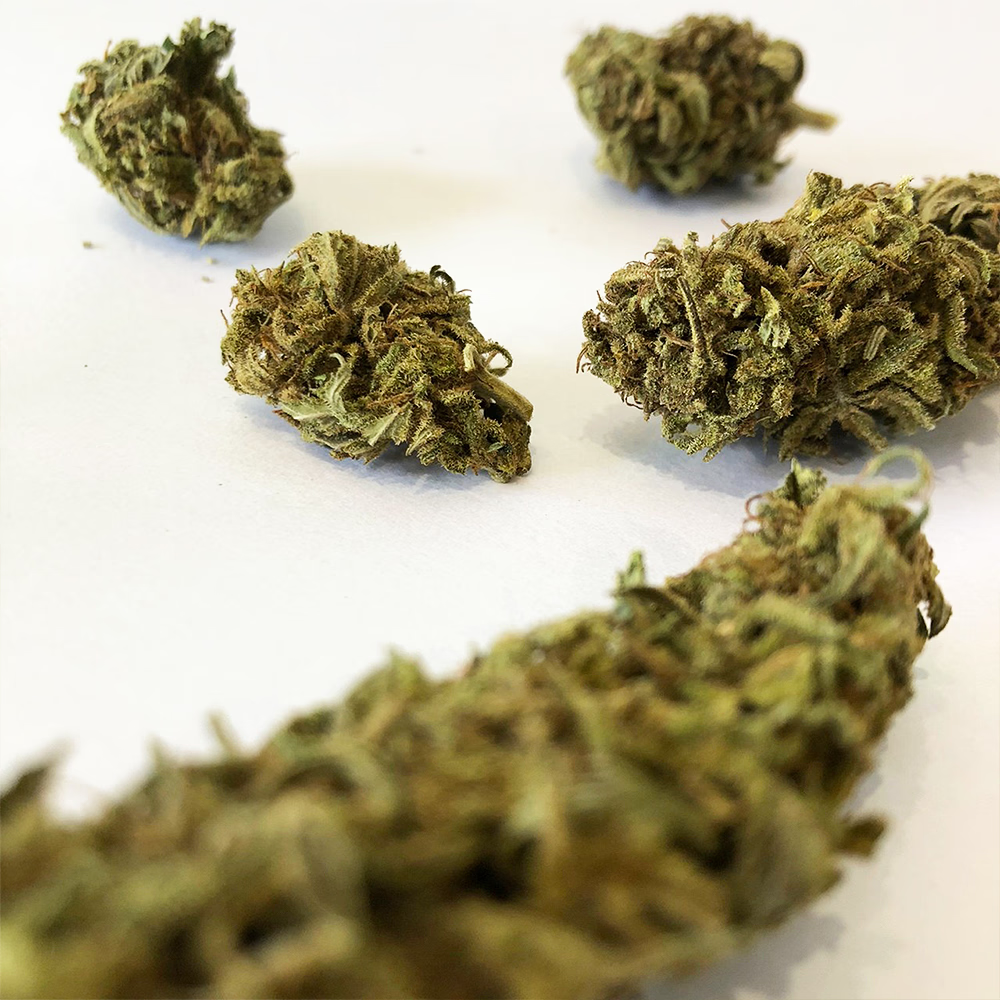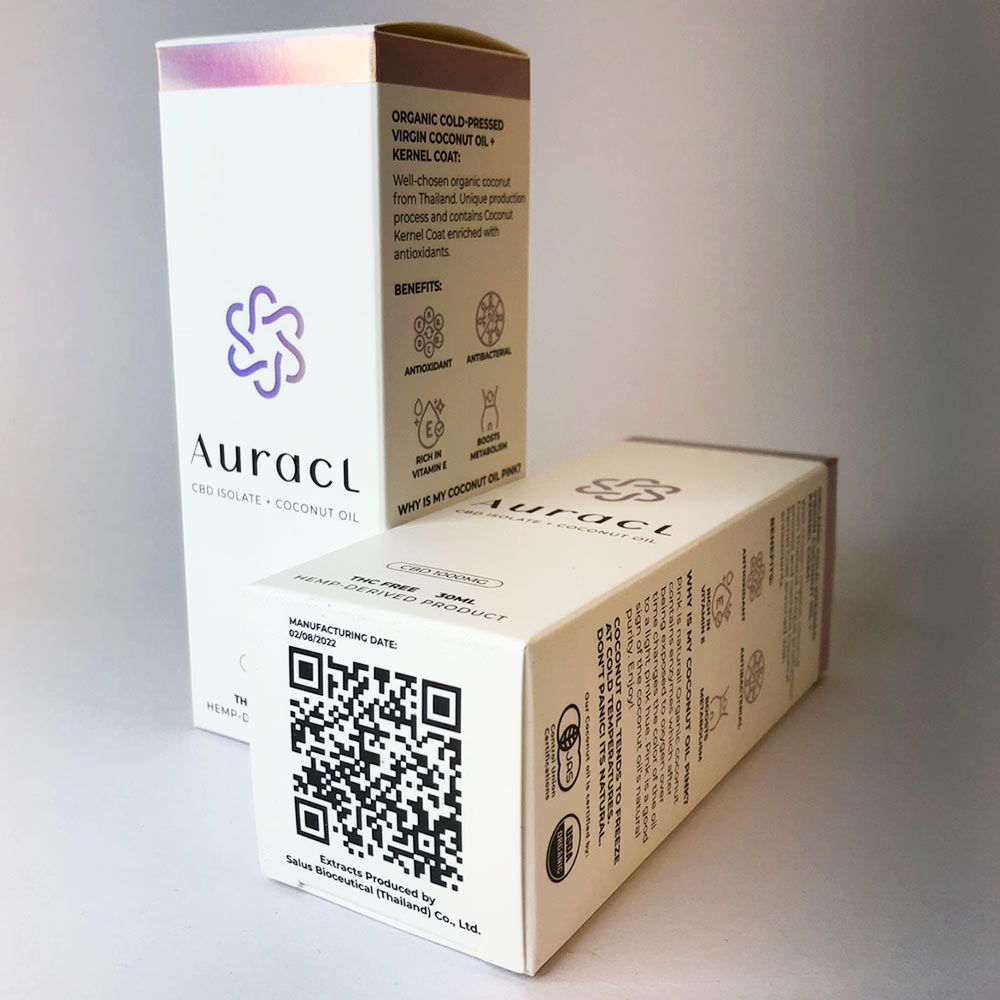How Marijuana Can Help You Fall Asleep Quickly and Easily
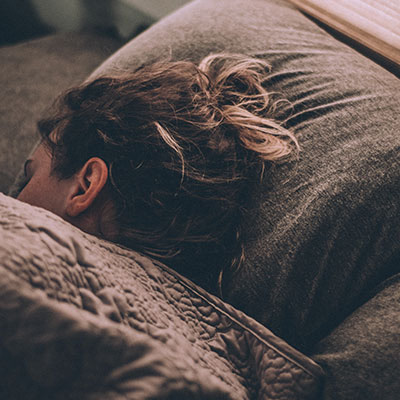
Marijuana to help you Fall Asleep fast
Many of us find it difficult to fall asleep. Sometimes it seems like sleep will never come, whether due to stress-related sleeplessness or a naturally persistent mind. Marijuana is one of the most widely used strategies people have recently used to aid sleep.
How Marijuana Can Help You Fall Asleep Quickly and Easily, While using marijuana before bed may help you fall asleep more quickly and remain asleep longer, smoking marijuana before bed may also help you fall asleep faster and stay asleep longer, according to recent research.
THC (delta-9 tetrahydrocannabinol) and CBD are two of the many substances found in marijuana (cannabidiol). Although each substance has a unique effect on the body, both have been thoroughly researched for their potential role in promoting better sleep.
According to research, CBD provides soothing effects that may be beneficial if you struggle with anxiety or racing thoughts, making it difficult to relax enough to drift off to sleep. At the same time, THC promotes drowsiness by interacting with brain receptors that control sleep cycles.
There are some important considerations when deciding whether marijuana is appropriate for you as a sleep aid. First and foremost, it's critical to choose the marijuana variety that best meets your requirements. Before experimenting on your own, chat with your doctor or the nearby dispensary about which strain would be best for you since different strains contain different concentrations of CBD and THC.
Furthermore, instead of taking a single high dose at night, think about taking several smaller doses during the day to avoid feeling groggy in the morning.
While taking marijuana as a sleep aid, when you should take it is something else to think about. It's typically advised that people consume cannabis at least an hour before bedtime to experience its full benefits without interfering with their normal daily activities.
Moreover, vaping or smoking cannabis too close to bedtime may irritate your throat and lungs, so if possible, try edibles instead!
Finally, to maximize the effects of cannabis use, don't forget to make lifestyle modifications like cutting back on your coffee intake after 2 pm. Moreover, remember that every person reacts differently, so try several doses and strains until you find the one that works best for you.
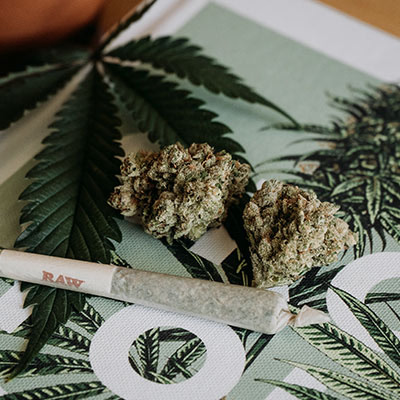
How Cannabis May Promote Sounder Sleep
You're not alone if you've ever struggled to obtain a good night's sleep. The Centers for Disease Control and Prevention (CDC) estimate that 50 to 70 million persons in the US have a sleep disturbance.
Understandably, people would seek alternative remedies to achieve a better night's sleep, given the prevalence of sleep disorders. Cannabis or marijuana may be one of those options.
Cannabis has been used for medical and recreational purposes for millennia, but it has only lately been looked into for its potential as a natural sleep aid. According to some studies, marijuana may make users tired and less likely to experience insomnia symptoms, which helps them sleep longer and fall asleep faster than they otherwise would.
According to one study, people who frequently smoked marijuana at night for a month had considerably less trouble falling and staying asleep than those who did not.
The body's endocannabinoid system (ECS), which controls many physiological processes, including mood, appetite, pain perception, memory consolidation, and sleep, is affected by cannabinoids. Cannabinoids modify some brain impulses when they bind to receptors in the ECS, which can result in more relaxation and better sleep.
Terpenes, aromatic molecules found in cannabis, are another group of components contributing to each strain's distinctive flavor and scent. Depending on the strain being consumed, different terpene profiles can influence different brain areas, producing effects ranging from calm to alertness.
To achieve the optimal balance between relaxation and alertness before bed, strains strong in linalool, an ingredient in lavender, have calming characteristics. In contrast, strains high in pinene, an ingredient found in pine, tend to be more stimulating.
It's crucial to remember that every person reacts to cannabis differently, so experimenting can be important when figuring out what works best for you. You should consult your doctor before trying cannabis as a natural means of promoting better sleep, especially if you take any medications or have any pre-existing health conditions like anxiety or depression that could interact negatively with THC or other cannabinoids found in cannabis products.
Additionally, picking a CBD-dominant product may be advantageous because while it doesn't have the same psychoactive effects as THC, CBD still interacts with ECS receptors to provide therapeutic benefits like reduced stress potentially, another frequently linked issue to difficulty sleeping.
Some data suggest marijuana may have potential advantages for improving sleep. Still, more research is required before any firm conclusions can be drawn about its efficacy as a therapy choice for insomnia or other sleep problems.
Therefore, if you are having trouble sleeping, it may be worthwhile to discuss with your doctor the possibility of trying medical marijuana under their supervision in addition to more conventional treatments like cognitive behavioral therapy or modifying your lifestyle so that you exercise during the day rather than at night.
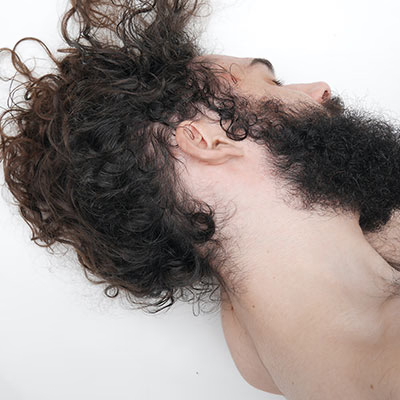
The Impact of Various Cannabis Strains on Sleep
Cannabis is a potent plant with numerous potential medical applications, one of which is as a natural sleep aid. According to research, cannabis can treat insomnia by reducing tension and promoting relaxation.
Yet not all cannabis strains are equal in promoting sleep; some have sedative effects more pronounced than others. In this post, we'll examine the several cannabis varieties that may be most effective at promoting restful sleep.
The calming, body-tingling effects of indica-dominant strains are well recognized, making them perfect for those trying to enhance the quality of their sleep. Granddaddy Purple, Northern Lights, Afghan Kush, and Bubba Kush are well-liked indica strains for bedtime. These kinds typically have higher CBD concentrations, which provide soothing effects that can lessen anxiety and physical and mental tension.
Sativa-dominant strains have the potential to be sleep aids despite frequently being linked to stimulating effects like greater alertness or creativity. This is because they contain chemicals that encourage relaxing the body and mind (such as linalool).
Sativa strains can help you sleep longer without feeling tired in the morning. In other words, they give you "high quality" sleep, not just "more" sleep. On the other hand, indica strains may be better for people who have trouble falling asleep quickly. Popular sativa-dominant strains include Super Silver Haze, Jack Herer, Green Crack, and Sour Diesel for this use.
Cannabis strains that are hybrids combine indica and sativa genetics to produce unique effects; some hybrids tend more toward being sativa-dominant than indica dominant (and vice versa).
Hybridized kinds are excellent choices if you want moderate drowsiness and some energy throughout the day. They offer an intriguing mix between the quick-acting relief of indicas and a gentler buzz from sativas (or night). OG Kush, White Widow, Blue Dream, and Gorilla Glue #4 are popular hybrid strain options.
There is no one-size-fits-all cannabis strain that will improve sleep quality because each person's response will vary depending on their particular demands. Sativas might be a better choice if you want relief that lasts longer without making you too sleepy the next day.
On the other hand, indicas might be better if you want fast relief without getting too high. Last but not least, hybridized variants provide an intriguing compromise between these two extremes. Ultimately, it's crucial to experiment with several cannabis strains to determine which ones are best for you.
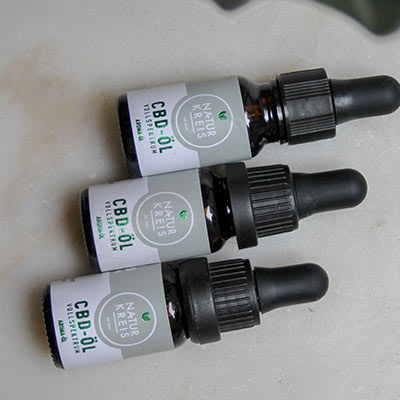
What Cannabis Dose Promotes Rapid Eye Movement Sleep
If you've ever had trouble sleeping, you understand how frustrating it can be. Cannabis is a well-known natural sleep aid, but if you don't take the correct dosage, it won't work.
What cannabis dosage, therefore, induces sleep the quickest In this essay, we'll look into the solution.
Microdosing: Using cannabis in little dosages, microdosing is a common way to consume the drug. Even if the effects of microdosing are mild, they are strong enough to make it easy for you to fall asleep. For most people, taking an eighth of a gram or less can be sufficient to achieve a good night's sleep without feeling sluggish in the morning.
Edibles: Using edible cannabis products, including gummies and chocolates, can be a terrific way to sleep quickly. It's vital to carefully schedule edibles as a sleep aid because they often take longer than smoking or vaping and require extra time for digestion before the effects become apparent. 10mg or less is an excellent place to start, and you should progressively raise the amount until you find the best one.
Tinctures: Cannabis tinctures are among the quickest ways to benefit from cannabis' therapeutic properties without waiting for inhalation techniques like smoking or vaping to work. Put a few drops beneath your tongue, let them absorb, and they should start working within a few minutes. As with other cannabis intake methods, start with a low dose and gradually increase it until you find the right amount for yourself and your body.
Topicals: Due to their targeted effects on muscles and joints all over the body that help relieve tension and alleviate pain related to insomnia or restlessness at night, topical medications like lotions, salves, balms, and creams infused with cannabis can also be used as an efficient sleep aid. Look for topicals with chemicals like lavender essential oil, which has calming qualities that can reduce anxiety before bed when using them for sleep-related purposes.
Supplements: Several products today include CBD isolate, which has soothing properties without the euphoric side effects of THC (tetrahydrocannabinol). Several customers claim that taking these pills before bedtime helps them sleep better; however, it's crucial to carefully investigate each brand before buying to ensure quality assurance criteria are followed.
Juicing raw cannabis leaves: Juicing raw cannabis leaves has grown in popularity in recent years due to claims that it can help people get more profound, more restorative sleep cycles since it contains high concentrations of naturally occurring terpenes. Because of its intense taste, this method may not be acceptable for everyone; if this is not attractive, choose an alternative intake route.
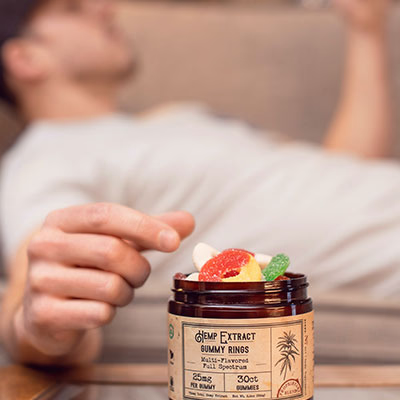
Consumption Method's Effect on Sleep Quality
Cannabis is well-documented for having significant effects on the quality of sleep. Various cannabis intake methods can affect both short-term and long-term sleep patterns and the intensity of the experience. It's crucial to comprehend how cannabis consumption affects your sleep, whether you take it recreationally or as a supplement to help you sleep better.
Smoking cannabis is the most popular method of consumption, whether with regular flowers or concentrates like wax or shatter. Smoking has fast, strong effects that typically subside soon, making it perfect for people who require temporary assistance falling asleep.
Yet when choosing whether or not to utilize this way of intake, you should consider its long-term impacts on health because smoking exposes the body to carcinogens.
While vaping has fewer potential long-term dangers than smoking, it has similar acute effects. Vaping enables more precise dosing, allowing users to more fully tailor their experience, which may be helpful in the long run in regulating their general sleep patterns.
Edibles are an excellent choice for those who want to consume cannabis for longer because they offer continuous relaxation throughout the night without the risk of inhaling any possibly dangerous ingredients.
Topical application of cannabis, such as applying oils and balms directly to the skin, is another standard intake method. Topical treatments are beneficial for treating specific locations without impacting overall bodily functions like sleep quality and duration.
They provide localized relief without entering the bloodstream, as other types of intake do. Users of these products can also alter the dosage more quickly than inhalation methods, which lets people control their unique sleeping patterns over time based on what is most effective for them.
Finally, sublingual absorption (under the tongue) offers yet another way to consume cannabis without smoking it. However, because it absorbs into the bloodstream more slowly than inhalation methods, it may not be the best option if immediate relief is desired to get some much-needed restful sleep soon after consumption.
Ultimately, there are many various ways to ingest cannabis, and each one has advantages that should be considered when determining how it will impact your overall sleeping patterns in the near term as well as throughout its usage history.
While some people may prefer instant relief from inhalation methods like smoking or vaping, others may find more satisfaction with edibles or topical applications due to their prolonged duration of action, which may improve long-term sleeping habits if used correctly and under the constant supervision of medical professionals, if necessary.

Knowing CBD vs. THC and how each affects sleep individually
Many individuals aren't aware of the distinctions between CBD and THC in cannabis or how each impacts sleep. For people wishing to utilize marijuana for medicinal purposes, understanding these two substances is becoming more and more crucial as more states allow both medical and recreational marijuana.
We'll look at the distinctions between CBD and THC in this post and how each influences sleep.
Two of the chemical substances present in cannabis plants in the highest concentrations are THC (tetrahydrocannabinol) and CBD (cannabidiol). Both interact with the body's endocannabinoid system to have various effects, such as sedation, pain relief, mood elevation, arousal, appetite stimulation, reduced inflammation, and more.
Although they have similar effects on the body, they differ significantly enough to make them useful for various uses.
Effects: The primary distinction between CBD and THC is how each substance affects the body. THC is a psychoactive substance that causes a "high" feeling when ingested, but CBD has no such effects.
This means that consuming CBD products won't cause any changes to your mental or emotional state, but if you take more significant doses, you might feel calm or even asleep. Conversely, taking a lot of THC might make you happy and enhance sensory perceptions, like seeing brighter colors or hearing sharper noises.
Variations in Legality: CBD has recently been legalized in all 50 states due to its lack of psychoactive characteristics, although THC is still banned under federal law. Eating an illegal substance could result in serious legal repercussions, so you must be aware of the type of product you buy before consuming it.
Also, it would be best if you always bought both kinds of things from reliable vendors to be sure what you're buying is secure and suitable for your requirements.
Each substance affects the quality of sleep differently because it affects the body. According to studies, greater doses of THC can shorten REM sleep cycles, making evenings less restful. Lower doses can improve overall sleep quality without adverse side effects like drowsiness or reduced cognitive function throughout the day.
However, some users claim to feel more awake after taking high doses, which, if taken too soon before night, may prevent them from falling asleep. But, consuming modest doses of CBD before bed may help you unwind and fall asleep more quickly while preventing you from feeling excessively groggy during the day.
Additionally, studies have shown that combining both cannabinoids in a supplement may enable consumers to enjoy all the potential advantages of better sleep quality without ever having any harmful side effects.
As a result, understanding the distinctions between CBD and THC and how each affects sleep might be crucial when determining whether or not marijuana is good for you as a person seeking assistance from insomnia or other sleeping disorders.
While there is still much to learn about these two potent substances, new research indicates that appropriately dosed mixtures may offer long-lasting effects without hurting day-to-day operations. Do not hesitate to speak with a skilled doctor if you believe cannabis could help your situation.
They can go through all of your alternatives in light of your circumstances.
